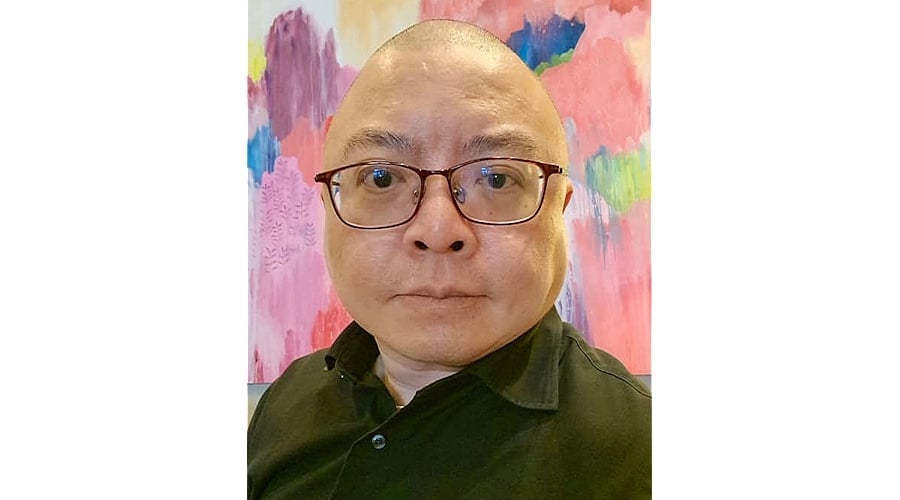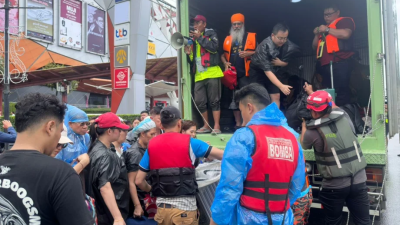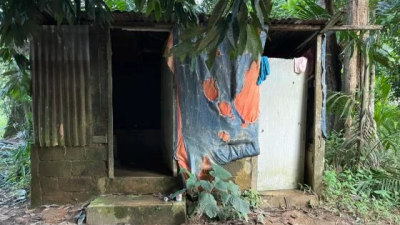
The recent exposé by The Business Times on the Prince Group’s opulent façade in Singapore — from a Mercedes-Maybach with the “5555” plate, to a yacht moored off Sentosa Cove, to a luxury clubhouse at Ardmore — has raised yet another red flag on the scale, scope, and sophistication of transnational corruption in Southeast Asia. While these revelations should concern every ASEAN member state, they carry a particular warning for the Philippines.
Small countries with porous political-business networks often underestimate how easily ill-gotten wealth travels across borders, finds safe harbour in financial hubs, and returns as political influence.
The Prince Group saga is a textbook example of how money can be laundered into legitimacy. Singapore’s role as a global financial centre means it is constantly exposed to such flows, and the Monetary Authority of Singapore has long acknowledged this vulnerability.
Yet, what should truly alarm Manila is the pattern: when corruption becomes transnational, its political effects eventually return home.
The Philippines is now grappling with a Peso under pressure, not just from foreign exchange volatility but from the corrosive perception that corruption remains endemic.
Every major scandal — procurement fraud, agricultural smuggling, pandemic-era misuse of funds, or unexplained wealth among public officials — weakens the Peso further.
Currency markets do not merely react to macroeconomic fundamentals; they respond to the trustworthiness of institutions. When that trust erodes, the currency flinches.
This is why the Prince Group affair is not merely someone else’s scandal. It is an early warning indicator of how illicit networks can entrench themselves in jurisdictions that appear respectable, then influence political actors across borders.
The Philippines, with its long history of political dynasties, factional rivalries, and private-sector capture, is precisely the kind of environment where such networks can thrive — silently, steadily, and in plain sight.
The central question now is whether Manila fully appreciates the regional dynamics at play. Prince Group’s high-value assets in Singapore signal two uncomfortable truths.
First, the group has access to enormous capital and knows how to mask its origins. Second, Singapore’s regulatory ecosystem — no matter how robust — cannot intercept every inflow when illicit actors are supported by powerful backers abroad.
This combination should be deeply unsettling for Philippine policymakers who are already contending with domestic corruption allegations.
For the Philippines, the risk is not simply that ill-gotten wealth will find its way into Makati condominiums or offshore accounts.
The real danger lies in its political weaponisation. Unregulated capital can fund disinformation campaigns, manipulate markets, influence elections, and compromise regulatory bodies. Money with opaque origins almost always seeks influence with opaque intentions.
ASEAN’s current environment only adds urgency. With geopolitical tensions rising, illicit groups often exploit strategic ambiguity. The Prince Group’s dealings — spanning Cambodia, Macau, and now Singapore — illustrate how individuals or networks can operate across jurisdictions with a veneer of legality while evading accountability back home.
For a country like the Philippines, where political financing remains loosely regulated and patronage-based politics is entrenched, the entry of such money could be destabilising.
What Manila needs now is a three-part strategy.
First, it must strengthen cross-border financial intelligence cooperation, especially with Singapore and Malaysia. If ill-gotten funds are finding refuge in regional hubs, Philippine regulators cannot operate in isolation.
Second, the Philippines must enhance transparency in campaign financing and strengthen enforcement against money laundering linked to political actors. Without this, illicit capital will continue to flow into politics disguised as “donations,” “investments,” or “partnerships.”
Third, the Philippines must rebuild institutional credibility. The Peso weakens when corruption thrives because markets punish uncertainty. Conversely, currencies recover when reforms appear credible, consistent, and insulated from political interference.
The Prince Group story is not merely a tale of flamboyant consumption. It is a stark reminder that corruption knows no borders. When luxury yachts, prestige licence plates, and exclusive clubhouses become the symbols of ill-gotten wealth quietly circulating through ASEAN’s financial centres, regional governments must recognise the broader consequences.
For the Philippines, this is an opportunity to act before the problem metastasises. Its institutions, its markets, and even its currency cannot afford complacency.
The existence of networks like the Prince Group — operating with ease across Southeast Asia — should compel Manila to look inward and confront the vulnerabilities that make it susceptible to such actors.
If the Philippines fails to draw lessons from the Prince Group revelations now, it may one day discover that the real cost is not measured in Maybachs or yachts, but in undermined institutions, weakened sovereignty, and a Peso that keeps losing ground because corruption keeps gaining it.
(Dr Phar Kim Beng is Professor of ASEAN Studies, International Islamic University Malaysia, and Cambridge Commonwealth Scholar.)
ADVERTISEMENT
ADVERTISEMENT



































